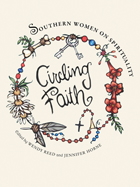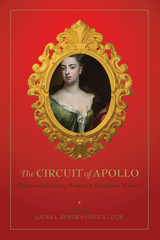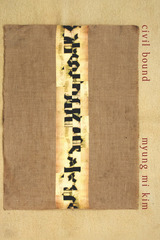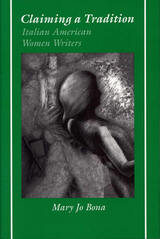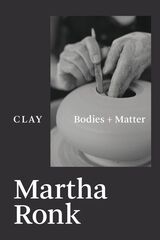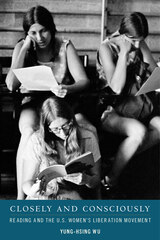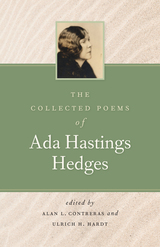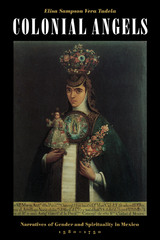As If!: Queer Criticism Across Difference
Duke University Press, 2025
Cloth: 978-1-4780-2889-5 | Paper: 978-1-4780-3212-0 | eISBN: 978-1-4780-6111-3 (standard)
See other books on: If | LGBTQ+ Studies | Social Science | Transgender Studies | Women's Studies
See other titles from Duke University Press
Cloth: 978-1-4780-2889-5 | Paper: 978-1-4780-3212-0 | eISBN: 978-1-4780-6111-3 (standard)
ABOUT THIS BOOK | AUTHOR BIOGRAPHY | REVIEWS | TOC
ABOUT THIS BOOK
In As If!, Chase Gregory explores the stylistically strategic, often campy, and productively fraught cross-identifications of early queer criticism. Gregory calls this form of AIDS-era criticism as if!—a mode of writing in which authors struggle to read, write, and identify with and across categories of race, sexuality, and gender. Analyzing the work of Robert Reid-Pharr, Deborah McDowell, Barbara Johnson, and Eve Sedgwick, Gregory shows how their writing productively challenges fixed ideas of identity and knowledge production. Using these four writers as case studies of a larger trend within early queer criticism, Gregory demonstrates that even when critical attempts at relation are met by impasse, as if! criticism breaks down social relation, especially within those fields influenced by queer theory, deconstructionist feminist theory, and black feminist theory. By advocating a return to as if! criticism as a politically useful blueprint for contemporary cultural inquiry, Gregory draws attention to the obstacles to forging identification across difference and insists on the impossible project of solidarity across such difference.
See other books on: If | LGBTQ+ Studies | Social Science | Transgender Studies | Women's Studies
See other titles from Duke University Press

